Sulfuric acid self-priming pumps, common equipment in the chemical industry, may encounter difficulties in pumping liquid during operation. This article delves into the potential reasons for the challenges in liquid pumping with sulfuric acid self-priming pumps and provides solutions to better maintain the normal operation of the equipment.
1. Suction Pipeline Blockage:
The suction pipeline of sulfuric acid self-priming pumps may get blocked due to impurities, sediment, or other particulate matter, leading to difficulties in liquid pumping. In such cases, promptly cleaning the suction pipeline to ensure unobstructed flow is the primary step in resolving the issue.
2. Air Leakage in the Pump:
Air leakage within the pump can also be a potential cause of difficulty in liquid pumping. Inspecting the pump body and connecting components for looseness or wear and promptly repairing any air leakage points ensures the stability of the pump's vacuum.
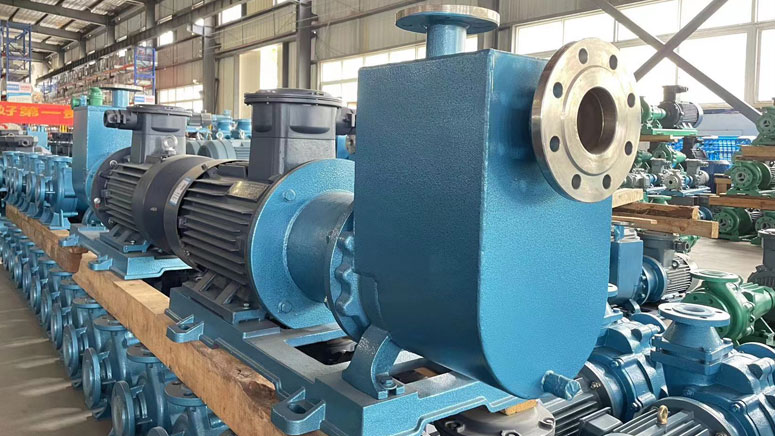
3. Liquid Level Below the Pump:
Sulfuric acid self-priming pumps require liquid to be below their suction inlet, or else normal liquid pumping becomes impossible. Ensuring the liquid level is below the pump's suction inlet is necessary to meet the self-priming conditions.
4. Suction Pipeline Air Leakage:
Air leakage in the suction pipeline can also lead to difficulties in liquid pumping. Inspecting the connecting components of the suction pipeline to ensure good sealing and preventing air from entering are crucial to maintaining the pump's suction efficiency.
5. Excessive Liquid Viscosity:
Excessive viscosity of sulfuric acid liquid can also contribute to difficulties in pumping with self-priming pumps. Choosing a self-priming pump model suitable for high-viscosity liquids and adjusting pump operating parameters based on actual conditions helps improve pumping efficiency.
6. Cavitation Phenomenon:
Cavitation may occur during the liquid pumping process with sulfuric acid self-priming pumps, affecting their normal operation. Mitigating cavitation can be achieved by adjusting the pump's inlet pressure, reducing flow rate, or increasing liquid temperature.
7. Foreign Objects in the Pump:
Foreign objects, such as sediment or particles in the pump chamber, can affect the self-priming capability. Regularly inspecting and cleaning pump components ensures a clean pump interior, a crucial step in maintaining smooth pump operation.
By carefully examining and addressing the potential reasons for difficulty in liquid pumping with sulfuric acid self-priming pumps, normal equipment operation can be ensured, leading to increased production efficiency and reduced maintenance costs. Selecting self-priming pump models suitable for specific operational requirements and implementing appropriate preventive measures helps avoid liquid pumping issues.





 +86 18130251359
+86 18130251359 teflowpumps@tlpumps.com
teflowpumps@tlpumps.com

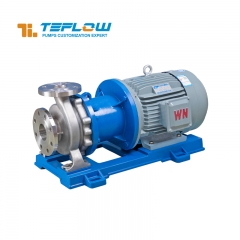
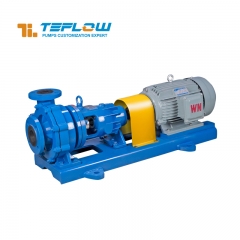
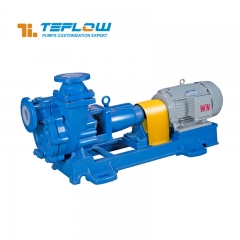
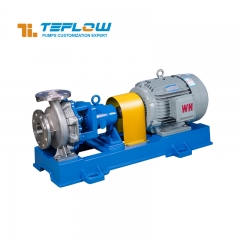








 +86+0563-5093318
+86+0563-5093318
